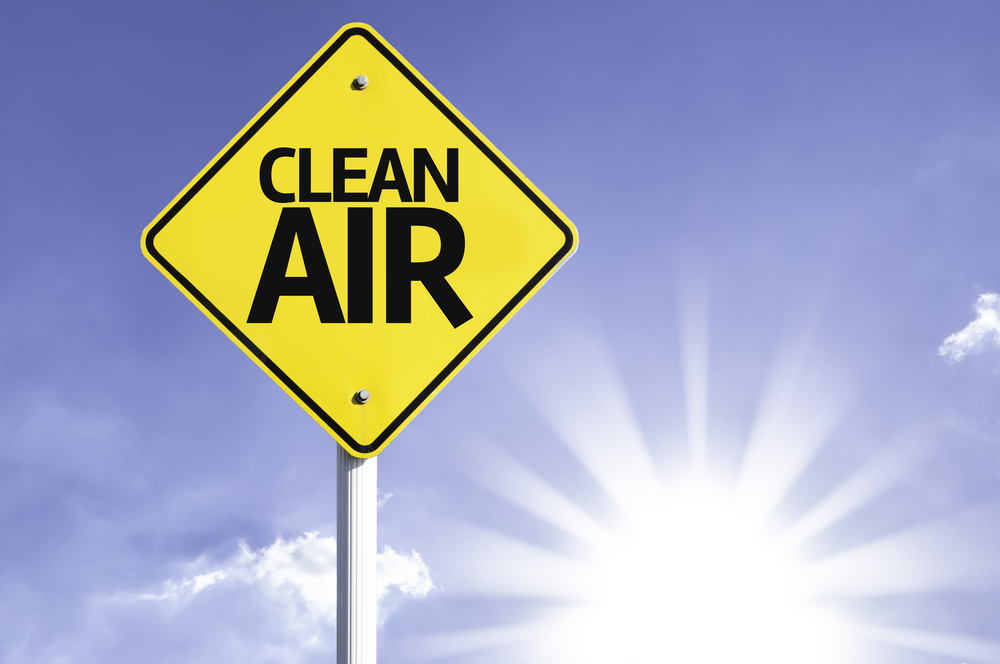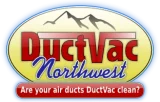
Table of Contents
Clean air is essential for human health, and the natural environment. It’s also critical to the climate. Fossil fuel combustion releases gases that trap heat and cause climate change, while ground-level ozone, known as smog, harms lungs and causes asthma attacks and aggravates preexisting respiratory diseases like bronchitis.
National standards for smog and particulate pollution keep people healthy, boost productivity and reduce sick days.
Air Filtration Systems Can Provide Clean Air
Air filtration systems are a great way to ensure clean air in your home. They can prevent lint and dust from blocking heating/cooling coils and capture a variety of airborne particles, including allergens, cigarette smoke, mold, and pollen.
Unlike electrostatic filters that depend on static electricity, mechanical air filters use simple physical trapping mechanisms. Commonly made of pleated paper or cloth, these filters use a variety of surface areas to capture pollutants. They range in size from 1 to 4 inches and have a MERV rating indicating their effectiveness.
Unfortunately, mechanical filters cannot remove all contaminants. Gaseous contaminants like odors, VOCs and vapors require the use of gas-phase air cleaners.
Air Purifiers
Air purifiers help ensure clean indoor air. They work by circulating polluted air through multiple filters, which eliminates bacteria, viruses and other pollutants. They are also effective at removing odors from your living space, which makes it easier to keep your home clean.
Dust mites, pollen, mold, cigarette smoke and other allergens can irritate your lungs and trigger allergies or hay fever. This can cause a runny nose, sore throat and watery eyes. Air cleaners with HEPA filters can reduce these allergens and prevent them from causing respiratory problems.
When selecting an air purifier, look for one that is rated for the size of the room it will be used in (usually indicated by the manufacturer in square feet). Choose a model that has a high CADR rating for smoke or pollen, is designated a HEPA unit, or specifically indicates that it filters particles with sizes between 0.1 and 1 um. It’s also important to avoid air purifiers that produce ozone gas, as this can be harmful to your health.
Air Cleaners
Air cleaners can be used to help reduce viruses in a small space, but they are not a substitute for source control and ventilation. When used in conjunction with other best practices recommended by CDC, including social distancing and mask wearing, filtration may be helpful to minimize the spread of respiratory droplets that contain infectious viruses.
An air cleaning unit filters the air and removes pollutants or contaminants, then recirculates clean filtered air into a room. Each device has a maximum air volume that it can filter, identified by its “Clean Air Delivery Rate” or CADR. This is usually broken down into three separate ratings for smoke, dust and pollen, which correspond to different particle sizes.
Larger allergens (e.g., mold spores, animal dander) tend to settle on surfaces and are not removed by air cleaning devices. Regular vacuuming is more effective at removing these larger particles. Air cleaners can also be useful in eliminating odors and reducing VOCs.
Contact Us for Clean Air Purification Services
At DuctVac Northwest, we offer comprehensive air purification services to improve the quality of air in your home or business. Our experienced technicians will install and maintain air purifiers that are right for your needs.
Air purifiers can help to remove pollutants, allergens, and other harmful particles from the air. This can improve your health, comfort, and productivity.
If you are looking for a reliable and experienced air purification contractor, please contact us today. We would be happy to answer any questions you have and schedule an appointment for installation.
